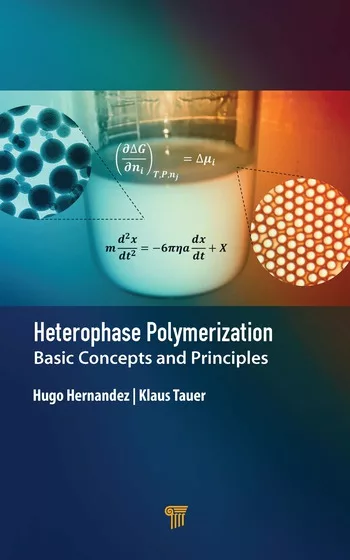Ask Dr. Dave: September 2013
Is it true that epoxy adhesives contain the same BPA that has been shown to be harmful when used to make drinking bottles?
Question: Is it true that epoxy adhesives contain the same BPA that has been shown to be harmful when used to make drinking bottles?
Answer: Bisphenol A (BPA) is indeed a chemical building block in the manufacture of epoxy resins as well as polycarbonate bottles. Most of the controversy on BPA revolved around the detection of trace quantities of BPA—and its potentially harmful effects—in microwaved polycarbonate baby bottles.
First of all, there is no evidence that cured epoxy resins can liberate BPA when exposed to water. In fact, all these products for potable water applications must be certified to NSF/ANSI Standard 61, which includes analysis for BPA in addition to many other chemicals. Recent studies in several European countries have shown that even if the chemical is present, it is harmless. NSF International has found that no correlation exists between studies that used large doses of BPA injected into animals and orally ingested BPA in humans.
A recent study appears to have answered the key question in one of the biggest scientific controversies of the past decade. The study, which combined the expertise of Battelle researchers working at the Pacific Northwest National Laboratory (one of the nation’s top research institutions), the Centers for Disease Control and Prevention, and the U.S. Food and Drug Administration, was the first to track the BPA in human blood and urine in volunteers who ate a diet rich in bisphenol A (from lots of canned food) over a 24-hour period. The important finding was for the adult human population exposed to even very high dietary levels, blood concentrations of the bioactive form of BPA throughout the day are below our ability to detect them, and orders of magnitude lower than those causing effects in rodents exposed to BPA. Forbes magazine featured an article in its July 2011 issue describing this research.
Any views or opinions expressed in this column are those of the author and do not represent those of ASI, its staff, Editorial Advisory Board or BNP Media.
Looking for a reprint of this article?
From high-res PDFs to custom plaques, order your copy today!




